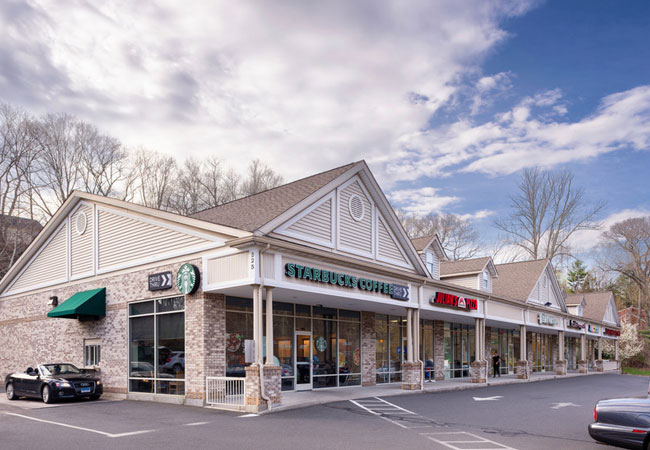An appellate court has denied an attempt to dismiss a lawsuit against attorney Gary E. Bashian and his law firm, clearing the way for a trial to determine whether Richard and Ineva Syms schemed to get out of paying legal fees.
Richard Syms is the son of the late Sy Syms, founder of Syms Corp., a discount clothing chain that went out of business in 2012. Sy Syms died in 2009 and left nothing to his son.
Richard Syms of Waccabuc hired Bashian & Farber LLP of White Plains to contest the will against his sister, Marcy Syms. But after representing Richard Syms for four years in a sharply contested probate proceeding, the firm sued him and his wife, Ineva, in Westchester Supreme Court over $329,069 in unpaid legal fees.
Richard had allegedly promised to pay the fees by selling real estate he owned. Instead, according to the complaint, he transferred seven properties in Westchester and Dutchess counties to Ineva, for little or no compensation. She transferred two properties to a family trust. One property was eventually sold for $1.2 million, but none of the money was used to pay the legal debt.
Bashian claimed that the properties were transferred to hinder collection of the legal debt and he accused the couple of breach of contract and fraud.
The Symses asked the court for summary judgment. They argued that they had sufficient assets to pay the debt and that the transfers were not fraudulent.
Justice Charles D. Wood found the Symses”™ arguments “devoid of merit” and dismissed their motion for summary judgment.
The couple appealed to the Second Appellate Division in Brooklyn. A panel of four justices agreed with Wood”™s analysis that there are triable issues of facts as to whether the Symses have the ability to pay the fees and whether they engaged in a fraudulent scheme.
Ineva, for instance, had testified in a deposition that jointly-owned properties were transferred to her name alone to shield them from potential creditors. Transfers to the family trust gave both Richard and Ineva control over properties.
Retaining control of properties after a conveyance, the appellate justices ruled, is regarded as an indication of fraud. The failure to pay a debt with money made from selling a property also is a triable issue as to whether the couple participated in a scheme to defraud creditors.
The trial in Westchester Supreme Court has been scheduled for July 17.



















